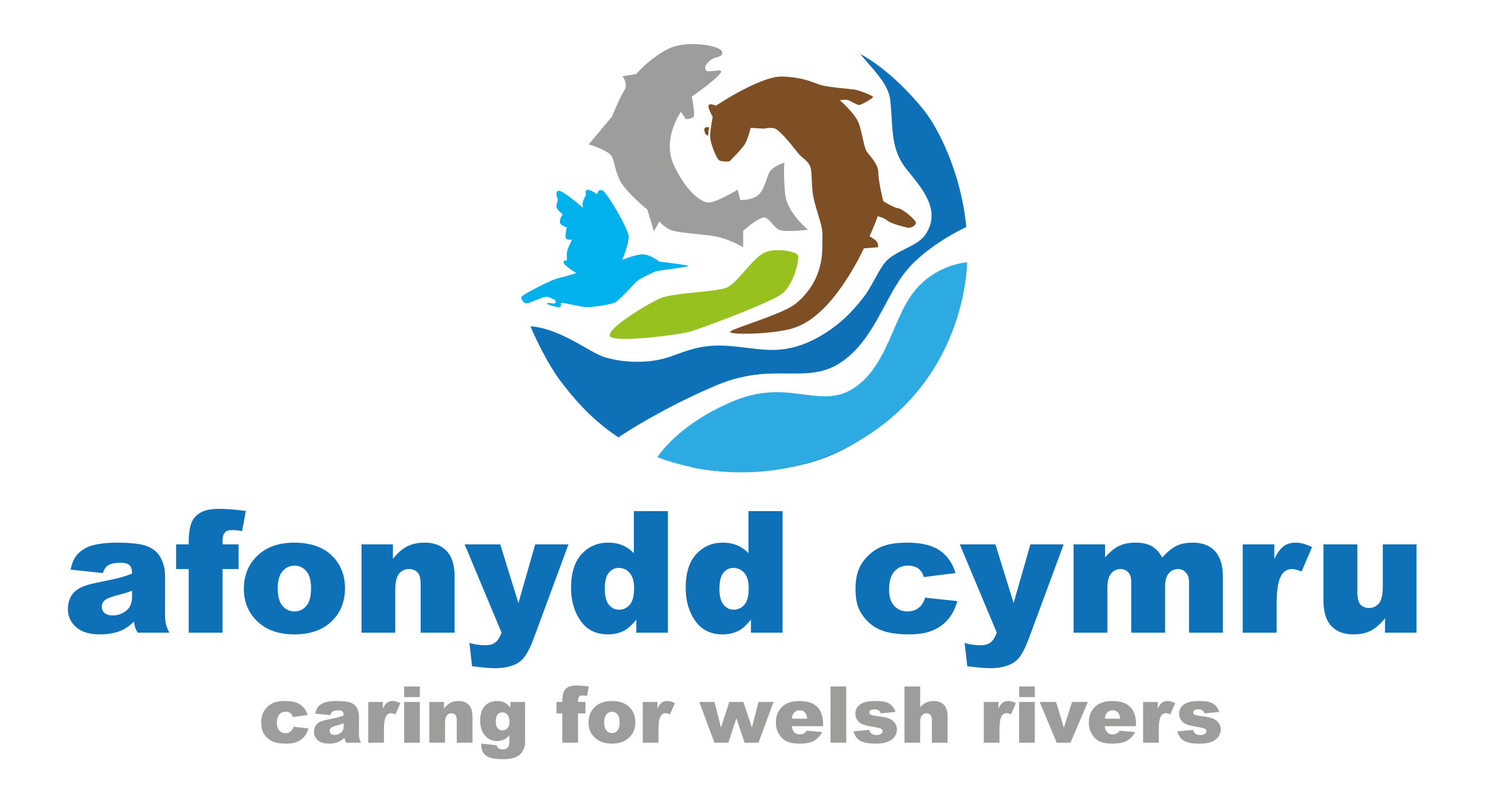
Wales’s Marine Protected Areas (MPAs). Source: Natural Resources Wales

It is possible that marine site failures due to excessive nutrients may in part be due to sewage effluent from holiday and caravan parks. This sector is largely unpermitted so controls on its impact on the environment are, at best, minimal. Photo: David Glennerster/People’s Collection Wales
Wednesday 25th June, 2025
Natural Resources Wales has today published the first assessments of the condition of Wales’s Marine Protected Areas (MPAs). Originally due to be published two years ago, the assessments show widespread failures in coastal Special Areas of Conservation (SACs) and Special Protection Areas (SPAs), following a similar pattern to Welsh rivers.
In total, 85 features designated in 17 MPAs were assessed for their condition. Of those features, 55% were deemed unfavourable.
Excessive Nutrients
Of the 20 habitat features across the SACs in unfavourable condition, 9 had a primary failure for water quality because of high levels of nutrients, measured by dissolved inorganic nitrogen (DIN).
Natural Resources Wales acknowledges that the causes of failure are complex but say that the main sources of these excessive nutrients are diffuse agricultural pollution, private sewage (septic tanks) and the water industry. It also indicates a strong correlation between diffuse agricultural pollution and DIN.
Restrictions On Coastal Development
Nutrient failure in marine areas will require nutrient neutrality restrictions to be placed on coastal development (housing and agriculture) and actions taken before those restrictions are lifted. Currently, there are obligations for water companies to reduce their impact and the regulator has proposed a Review of Permits for discharges into Marine areas.
However, action also needs to be taken on other polluting sectors whose activities are predominantly unpermitted. This is a requirement under the Habitats Directive and under the Polluter Pays Principle, which is likely to be embedded into Welsh law.
Septic Tanks
We have also been raising concerns on private sewage systems (septic tanks) for some time. It is possible that these marine failures will be dominated by coastal discharges from holiday and caravan park septic tanks.
This is one of the sectors that is predominately unpermitted, so controls and enforcement on its impact to the environment are minimal.
Cross border rivers
While the assessments arewelcome, it was disappointing that the marine protected sites that the cross-border rivers drain into were not included. These are home to vital species and habitats. They are to be considered in the next phase of assessments which we will await with interest, bearing in mind how well known the water quality issues are in rivers such as the Dee, Wye and Severn.
Action Now Required
This round of work was carried out by Natural Resources Wales using Welsh Government’s Nature Networks Fund (managed by the National Lottery Heritage Fund), which was set up to improve the condition and resilience of Wales’s network of protected sites. The justification for using this fund was the importance of the assessments for future marine site management.
And this is now what we need to see – effective management of marine sites with effective actions across all polluting sectors. For too long Wales has received reports about the environment’s parlous state but there has been insufficient effort to actually resolve the situation.
If there is one thing to take from these assessments it is that while the issues are complex, resolving the problems faced by Wales’s river SACs will go a long way into bringing many of its marine protected sites into favourable status.
And in a similar vein to rivers, if the marine environment is to improve, it will take a coordinated, multi-sector approach.
More Information:
Condition assessments for Welsh European marine sites (EMS). Natural Resources Wales website.
